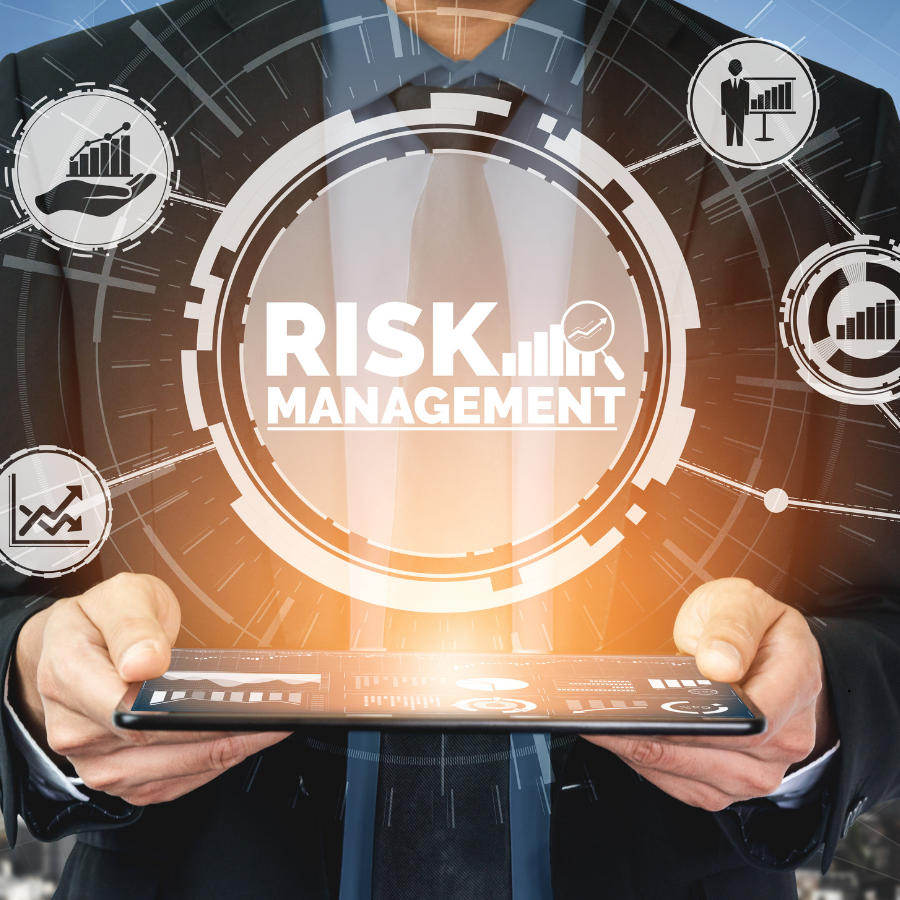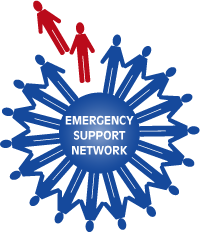Psychosocial Risk Management
Protect Your People. Strengthen Your Culture. Lead with Confidence.
In today’s evolving workplace, managing psychosocial hazards is not just a compliance obligation—it’s a business imperative. When unaddressed, issues like workplace bullying, fatigue, poor job design, and unsafe work attitudes can quietly erode morale, performance, and safety. But when managed well, they open the door to a healthier, more engaged, and resilient workforce.
At ESN, we help organisations shift from reactive problem-solving to proactive risk management. Using a robust, evidence-based framework grounded in human factors research, we examine the interplay between people, performance, and safety—helping you create a workplace where both wellbeing and productivity thrive.
Our Proven Framework Helps You:
- Identify and assess psychosocial hazards before they escalate.
- Pinpoint risk hotspots and deliver practical, tailored recommendations.
- Educate leaders and key personnel in psychosocial risk awareness and response.
- Implement culture and climate interventions that support psychological safety.
We are experienced in applying the WA DEMIRS Code of Practice Guidelines, as well as ensuring that all assessments and interventions align with best-practice standards and current legislative requirements.
Psychosocial Safety Is The Foundation For Sustainable Success
Psychosocial safety isn’t just about legal compliance—it’s the foundation for creating a culture of trust, wellbeing, and high performance. Let ESN help you turn potential risks into opportunities for a thriving workforce.
Contact us to learn how our psychosocial risk management services can enhance your organisation’s wellbeing and drive success.

Our latest blog posts
Workplace Culture: Whose Job Is It Anyway?
You have probably heard this phrase – it’s very common, especially when you are new at a job. “That’s how we do things around here.” Sounds familiar, right? That right there is that organisation’s
Influencing Upward: How To Shape Decisions At The Top
In every organisation, decisions made at the top have far-reaching consequences. But decision-makers—executives, directors, and senior leaders—aren’t always on the ground floor. That’s where upward influence comes in. What Is Influencing Upward? Influencing upward
Unveiling Workplace Dynamics: The Power Of Behavioural Profiling
In the modern workplace there has been a push to understand human behaviour… not just for interpersonal reasons but also as a strategic imperative. The technique has gained popularity in recent years as employers
“It’s not what happens to you that matters. It’s what you think about what happens to you that matters”
– Martin E. P. Seligman –




